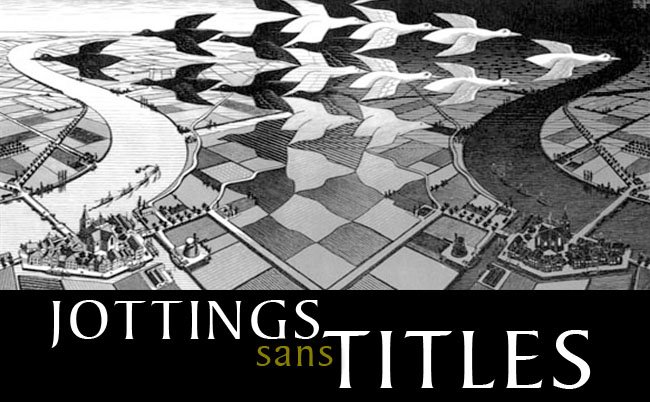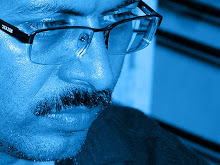
Learning a new skill is real fun. So is perfecting an old skill. I am indulged in both these activities nowadays. I am learning German (Deutsch) and at the same time perfecting my drawing skills.
When I think about learning to read and write (both my mother tongue which is Malayalam and English) I can’t remember anything clearly. It seems I got initiated to both these languages smoothly. Seamlessly. Coming to Hindi – though I remember first seeing those letters, putting a sound to them and making sense of words and sentences; I do not have any fond memories about it. I hated that language because of more than one reason. Learning that language deprived me of my three summer vacations which would otherwise have been memorable. And those who taught me the language never paid much attention in instilling any kind of love towards Hindi in their pupils. But somehow I managed to learn and pass my exams without much effort – which was the only purpose of learning it. One of the pleasures that came with leaving school was leaving Hindi behind. If I can speak, write and read (in that order) Hindi reasonably well, I owe it to All India Radio and Doordarshan. The cricket commentaries in AIR and the Sunday Hindi Movies in Doordarshan (I am talking about the late 80’s) have helped a lot in making my Hindi better. My five years in
Learning a new language is not just about learning to read, write and speak that language. It is also about understanding a new culture. The nuances of a language are a reflection of the culture which developed that language. When you start understanding a new language it broadens your outlook and also gives a lot of ‘options’ to your linguistic abilities. The socio-cultural premises that developed a language influences the way an idea is conceived and expressed in that language. If you are good in more than two languages that gives you an edge. You can conceive and approach an idea you want to express in different ways, from different angles, which gives a fresh flavour to your language style.
But the real fun is in the actual learning process. Words which were just a collection of strange looking alphabets and odd sounds to the ears suddenly exude with meanings. While watching a movie or reading a book, when you suddenly come across a foreign word or phrase (Madagascar, a 2005 computer-animated film produced by DreamWorks Animation when the penguin quartet – Skipper, Rico, Kowalski, and Private – emerge from the tunnel and ask ,,Sprechen Sie Englisch?” or Odessa Files by Frederick Forsyth in which that famous statement by John F Kennedy, ich bin ein Berliner, is just one among many German phrases which appear in it) and the joy you feel when you understand the word and get its meaning is also part of the pleasures of the early days of learning a new language.
Perfecting an old skill is also fun - but more about it in a later blog.




